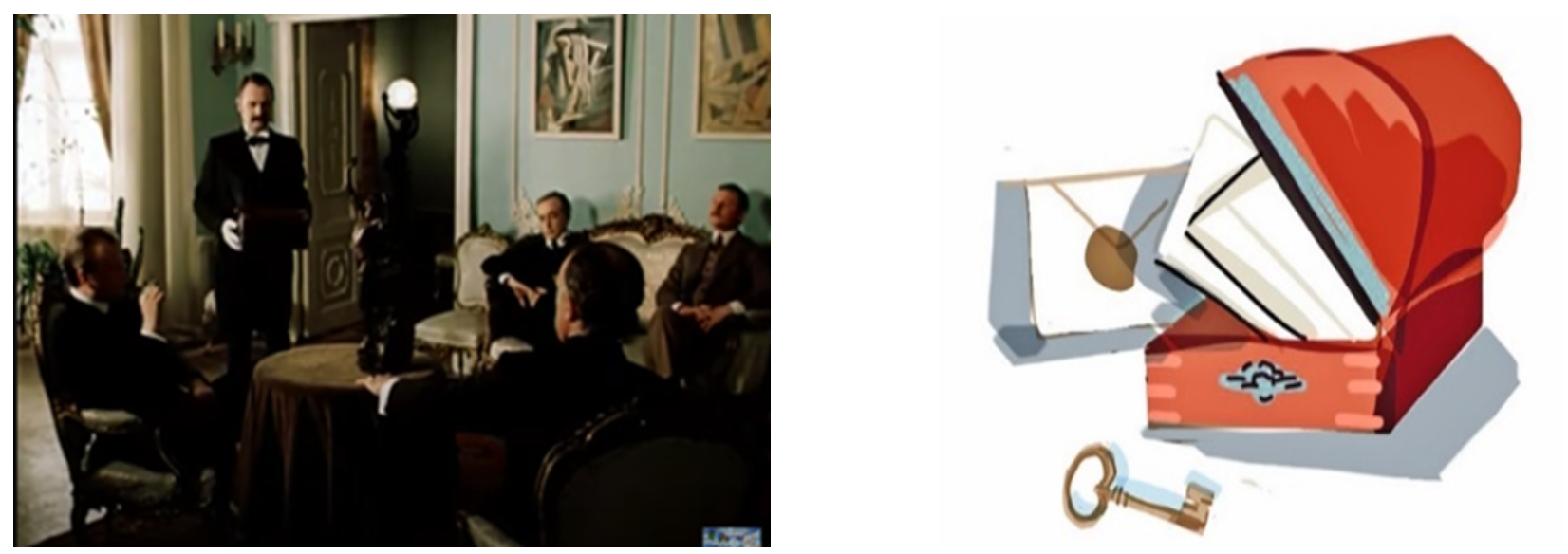Storage of state-important documents

One of the concluding episodes of the Soviet film titled "The Twentieth Century Begins" is based on Arthur Conan Doyle's story "The Adventure of the Second Stain". In this episode, Sherlock Holmes and Dr. Watson prevent a war that could have broken out due to a missing secret letter of national importance. Thus, the legal theme of this episode concerns the legal regulation of the storage of documents of state importance.
According to the plot of both the story and the film, Lord Thomas Bellinger - the country's Prime Minister, portrayed by Innokenty Smoktunovsky, and Trelawney Hope - the Minister for European Affairs, played by Alexander Romantsov, turn to Holmes for help in finding the letter. They claim that a very important letter from a foreign monarch has gone missing from Hope's residence, and if this letter were to be published, the country would enter a bloody war. During their conversation, the Prime Minister reveals the contents of the letter to Sherlock Holmes.
The presented shot captures a scene where the main characters examine the contents of a red (ministerial) box for official documents kept in Hope's residence. The tradition of using such boxes dates back to the reign of the British Saxe-Coburg-Gotha dynasty, whose coat of arms prominently featured this color. It should be noted that the protagonists of this scene find the missing letter in the red box, as - thanks to brilliant deduction and dialog skills - Sherlock had simply returned the letter back to the red box.
However, can the Prime Minister's actions in disclosing the document's contents to third parties be considered unlawful? Considering that "The Second Stain" was published in December 1904, we may assume the story's events occurred around the same period. In 1889, Parliament passed the Official Secrets Act, which classified unauthorized disclosure of any official information, particularly in international relations, as a criminal offense. However, a Crown Servant would only be found guilty if such disclosure harmed British interests. By revealing the letter's contents to a private detective, the Prime Minister committed no crime, as this disclosure caused no harm to Britain - on the contrary, Lord Thomas Bellinger's actions were aimed at preventing potential damage.